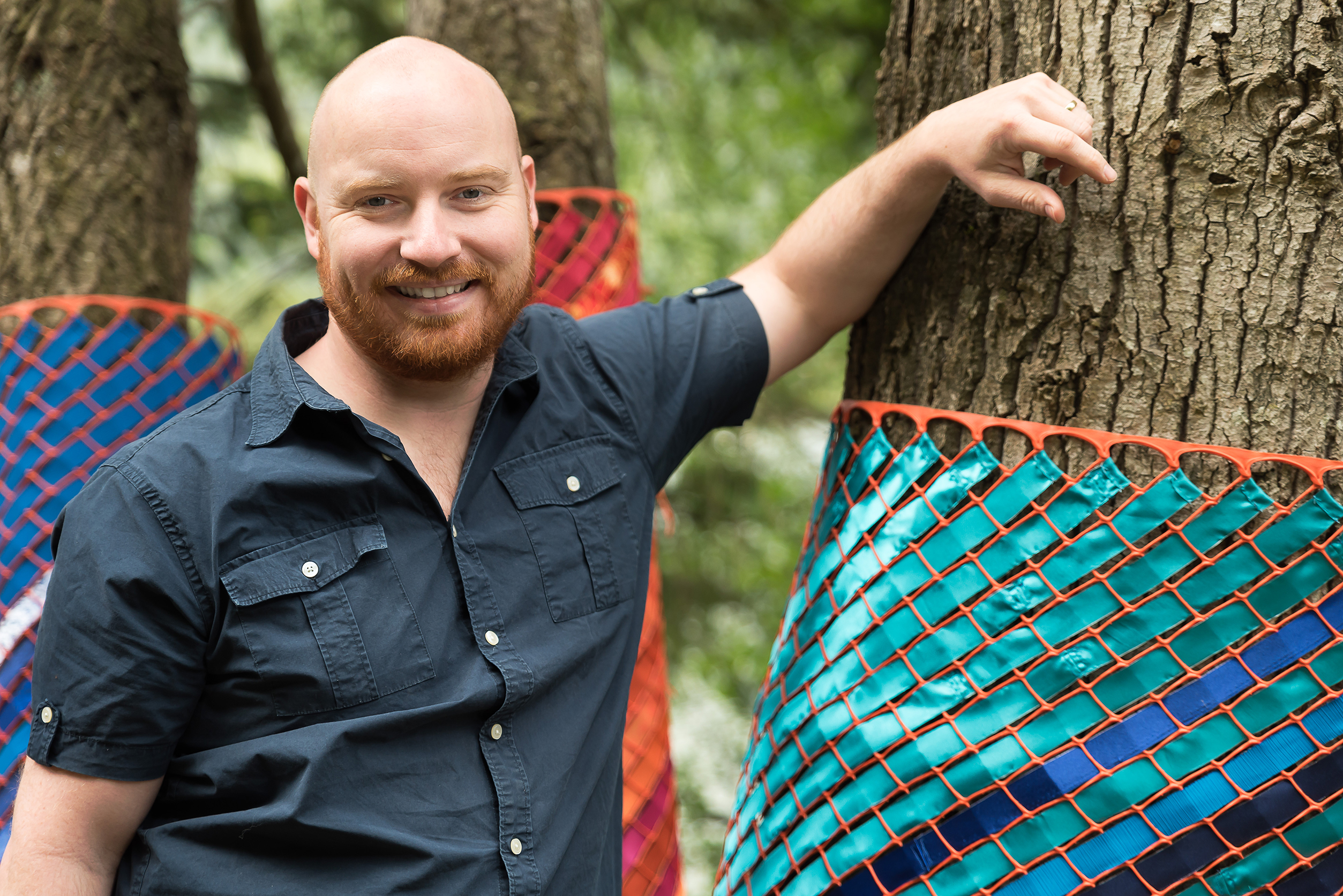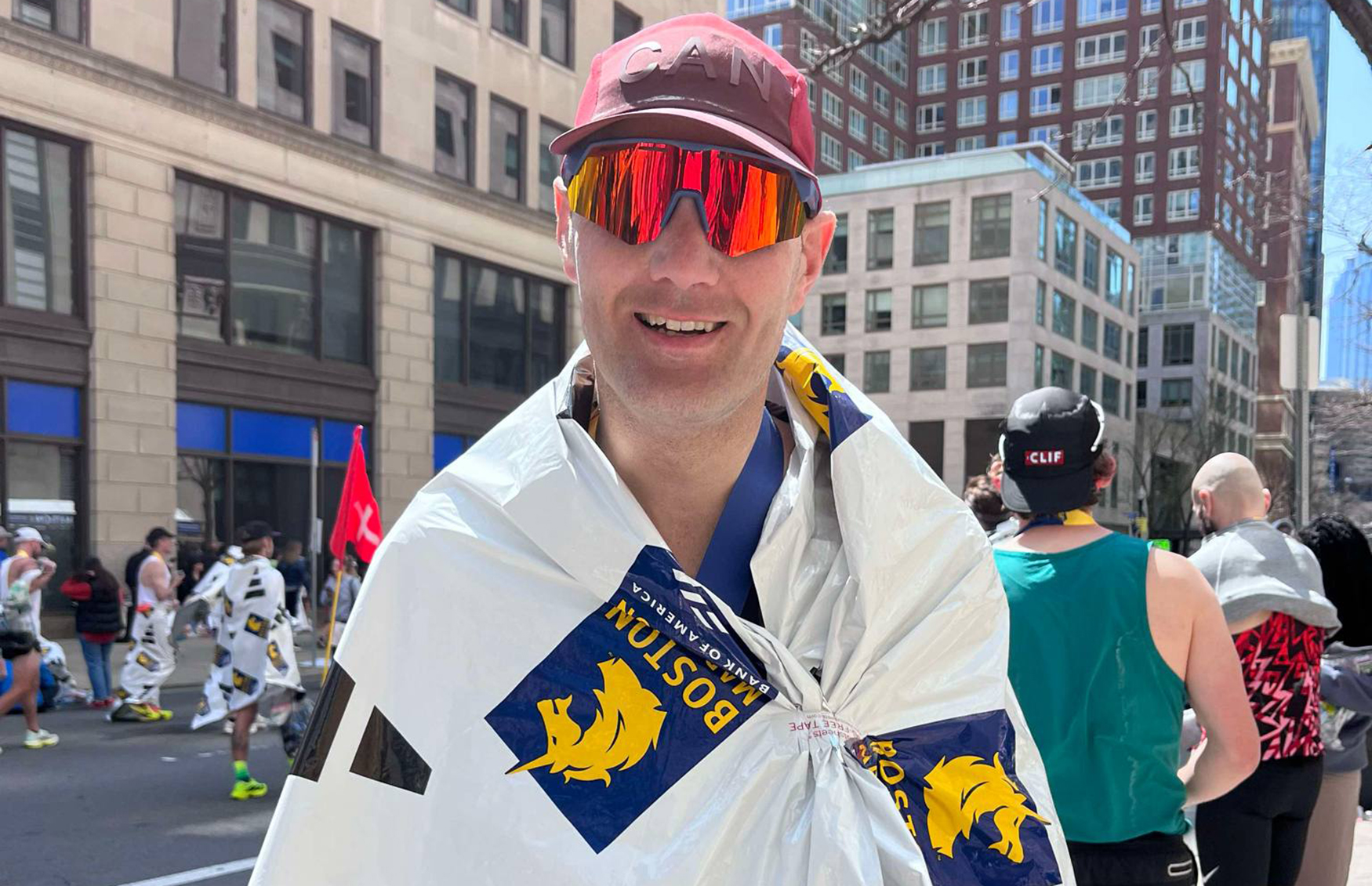Apple tree project gets students thinking about UFV history
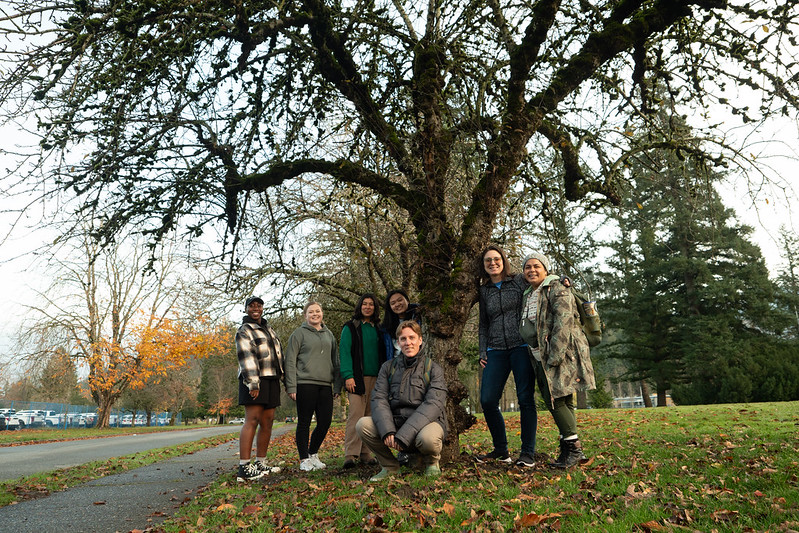
A UFV agriculture class just finished working hard to save decades-old apple trees that are dying on the Chilliwack campus at Canada Education Park — and a UFV communications class has documented the achievement.
Throughout November, the collaboration between students from AGRI 323 (Fruit Crop Production: Science and Practice) and students from CMNS 340 (Storytelling for Professional Applications) mixed science with storytelling in a way that had Lauren Erland fired up. Erland is an assistant professor in Agriculture who will be director of the BERRI Research Lab that is under construction. The trees got on her radar after she talked with Randell Brown, who works in facilities at UFV Chilliwack. He told Erland that an apple tree had blown over in the spring, and the ones still standing were in rough shape.
Erland dug into the history of the trees and discovered they were planted in the 1940s, near the mess hall on the former CFB Chilliwack military base. With the help of plant inventories assembled by Dr. Alan Reid (Biology), she’s found some of the trees to be a heritage apple species that dates to the 1700s. But they’ve been neglected since the base closed in the late 1990s, and because they lack the resilience apple trees in a commercial orchard might have, they’ve become diseased.
“They’ve got standard apple diseases because they haven’t been treated and they’re not routinely harvested,” Erland said. “One of the reasons they’ve been left unmanaged is because they are diseased, and some people thought, ‘Well, let’s just let them fall down.’
“That makes me sad.”
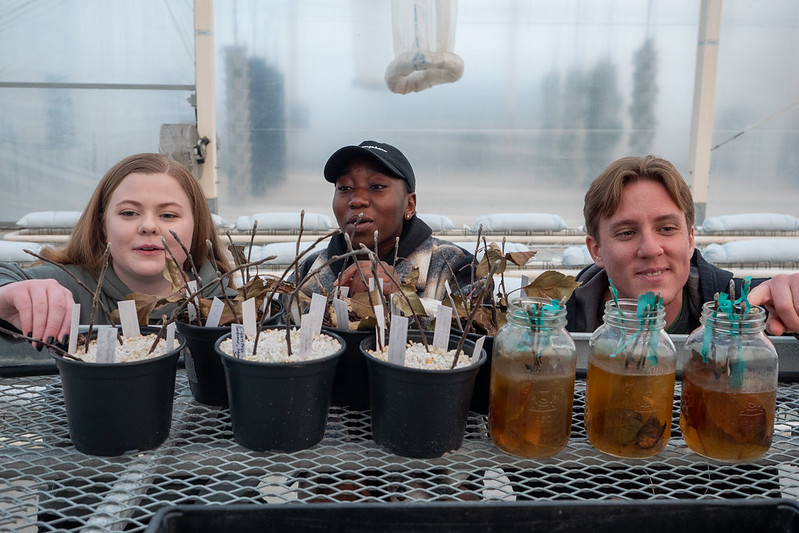
Erland has seen people harvesting apples in the fall, and she knows at least one local bear that enjoys the fruit. The trees line Vimy Avenue near Building V, and she believes they can be saved. But even if they can’t, they can live on through propagation — growing new apple trees from the seeds/cuttings of the originals.
“We will have baby apple trees,” Erland said. “They’ll be kept in the agriculture greenhouses as a backup resource, so if we do lose the old trees, we’ll still have apple trees for years to come.”
The collaboration was funded by a continuing education work integrated learning grant administered by Larissa Horne in the Centre for Experiential Learning and Continuing Education office. The grant aims to support UFV students in promoting and documenting the history of UFV as the 50th anniversary approaches next year.
Jeffrey Orr, associate professor in UFV’s School of Communication, said he was immediately intrigued by the potential of the project, and the opportunity for his class to produce meaningful work.
“We’re always looking for stories we can tell and ways we can get the students thinking about narratives and long-term storytelling,” said Orr. “I’ve been thinking a lot about Indigenizing curriculum, and what that means in terms of things like territory and land, relationships to nature, and how we understand our responsibilities to the natural world.
“This seemed like a really good way to investigate the military and colonial history of our campus, but also think about nature surviving and thriving and changing.”
As Erland’s students worked throughout November, Orr’s students interviewed them and chronicled their work. Visually, he said there was so much for them to work with. Early in the project they came to the Chilliwack campus to shoot ‘B’ roll, bringing back beautiful video footage of apples and fall leaves.
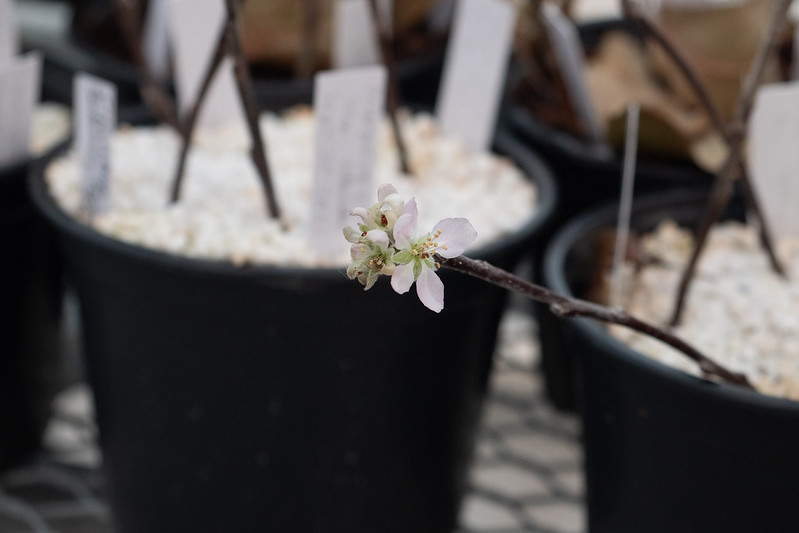
Erland’s team produced research posters detailing their work, which were on display at the Chilliwack campus Dec 4. Orr’s team ended up with finished videos.
“This was an opportunity for agriculture students to be able to think a little more closely about the plants on our campus, and how history shapes the UFV we experience today,” Erland said. “Through their work with Jeff’s class, these stories can be told in a way that engages the public beyond the usual audience of fellow researchers.”
“Telling stories about UFV’s past is a way of thinking about its future.” Orr added. “As a university we need to be curious and thoughtful about our past, our future, and the world we live in now. This project let the students co-operate on making a difference by saving trees and got everyone thinking about why and how we learn from the past.”



